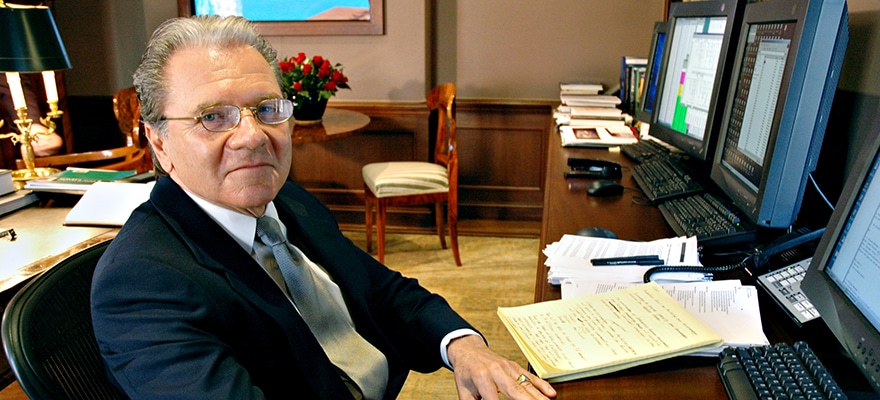The Chief Executive Officer of Interactive Brokers Thomas Peterffy has shared with the Financial Times in an interview that the U.S. stock brokerage industry is about to be greatly impacted in the years to come. Falling revenues, increasing regulatory requirements and higher costs are all to contribute to a smaller industry in the future, Peterffy told the FT.
The London headquartered newspaper owned by Nikkei has reported that one of the key innovators in electronic trading has stated that only a minority of the 4000 companies that are currently registered with U.S. regulatory bodies will be capable of surviving in an increasingly competitive environment.
trading will remain extremely cheap and efficient
Interactive Brokers LLC has been one of the biggest companies offering discounted rates to retail clients willing to invest and trade not only stocks, but also foreign Exchange . According to the latest data sets, the firm is the largest online U.S. brokerage by the number of daily average revenue trades (DARTs).
The company is regulated by a number of U.S., European and APAC regulatory agencies and Mr Peterffy has a deep insight of the operational environment for a number of brokerages.
Higher Costs amid Decreasing Revenues
Peterffy has outlined a huge problem for the industry as it is - the challenges associated with further lowering of trading costs. With the ever-decreasing commissions and spreads that brokerages are introducing for clients, the sustainability of their business models comes into question. Mr Peterffy predicts that only about a fifth of stock brokerages will survive, with the consolidation leading to the survival of the biggest and the most technologically advanced.
That said, the CEO of Interactive Brokers doesn’t say that trading will become more expensive. The situation on the stock market is far different from the retail foreign exchange market in the U.S. With over 4000 players, a fifth of those still make up over 800 brokers.
FINRA registered brokers decreased by 500 since 2011
Peterffy explained that trading will remain “extremely cheap and efficient” and that traders will have more access to “more semi-automated trading algorithms”.
The trend of consolidation in the industry has already started with the number of Financial Industry Regulatory Authority (FINRA) registered brokers decreasing by 500 since 2011.
During the same period the number of companies that have been offering foreign exchange trading services to retail traders has decreased to no more than five after the exit of Advanced Markets, Alpari, FX Club, FXDD, FX Solutions, GFT, Interbank FX and MB Trading.
The remaining brokers that continue providing access to the foreign exchange markets for their traders in the U.S. are FXCM, GAIN Capital, Interactive Brokers, OANDA and TD Ameritrade.


















